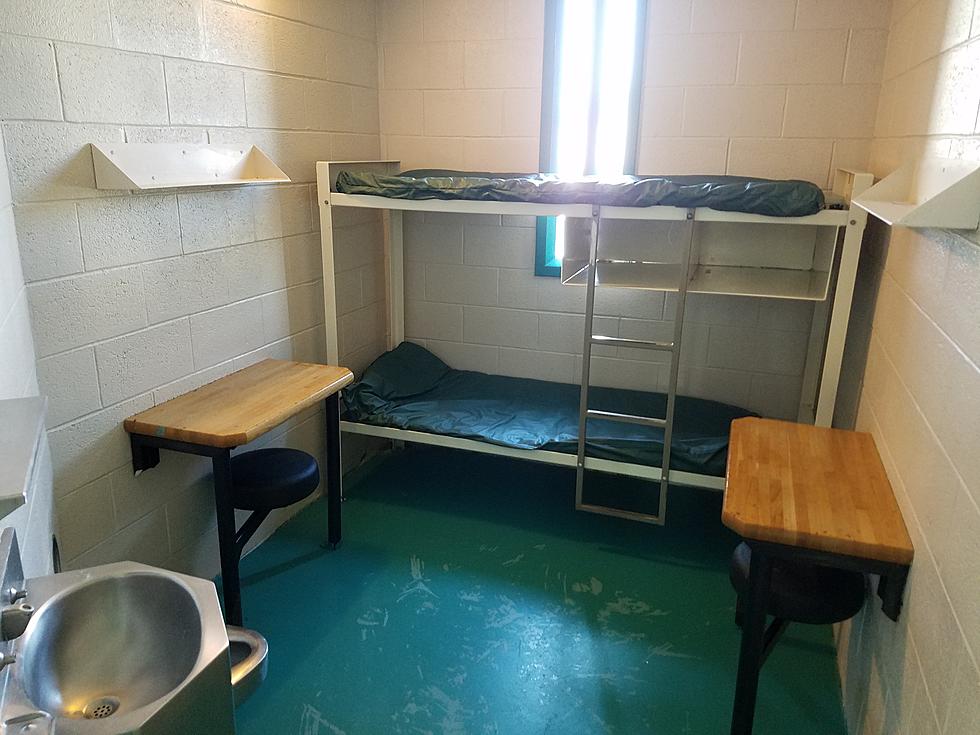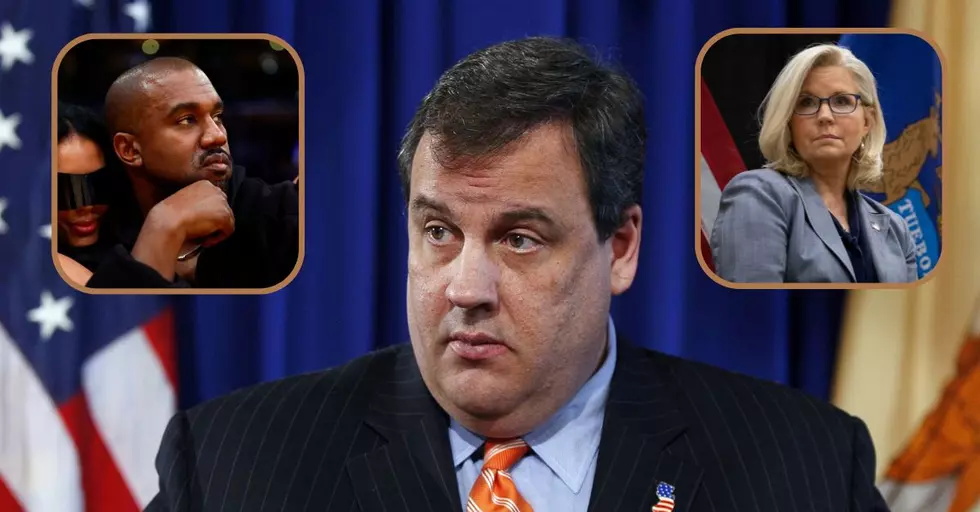
Lawmakers react to Christie: Drug addiction important, but can’t be only focus
TRENTON — There might be only one way for a governor in his last year in office, with approval ratings below 20 percent, to get praised for his State of the State – focus nearly entirely on tackling the crisis of drug addiction.
That’s what Gov. Chris Christie did Tuesday, and that’s by and large how lawmakers reacted. Some Democrats said: That’s great ... but that’s all? And some candidates hoping to replace Christie in the Governor’s Office in this year’s gubernatorial election say he’s ignoring big issues he can’t solve.
Christie acknowledged that the focus was unusual but that the drug crisis is building and cannot be ignored.
“This is the single most important issue to every New Jersey family touched by this and perhaps the most important issue I’ll have the chance to address while I am governor,” said Christie, who said his mission for his last 53 weeks as governor will be saving lives through drug-addiction programs.
Assembly Speaker Vincent Prieto, D-Hudson, said communities are under siege from drugs and said it should be a focus but added that other issues need attention in 2017, as well.
“I don’t think it’s the single-most important,” Prieto said. “It’s a very important issue because it actually affects lives. It affects many residents of this state. There is an epidemic. We have to root it out. But we can’t just be singular driven. There’s many challenges.”
“I fear that if we focus only on one issue, we will forget about the others,” said Assemblyman Gary Schaer, D-Passaic.
Among the specific proposals and plans Christie outlined:
- Launching a one-stop hotline, 1-844-REACH-NJ, and website, www.reachnj.gov, as a resource for learning about access to drug treatment.
- Changing a state rule so that 18- and 19-year-olds can get drug treatment in empty beds intended for youth. Currently they’re treated in adult beds, which are overcrowded. This change would cost the state $12 million.
- Directing the Department of Education to develop a new, specific curriculum for public school on opioids – starting in kindergarten.
- Increasing funding by $1 million for college housing programs set up for students in recovery.
- Easing legal, regulatory and code restrictions that make it difficult to establish supportive and “substance free” housing in municipalities.
- Passing a law, within 30 days, mandating that health insurers provide six months of coverage for first-time inpatient or outpatient drug rehabilitation treatment.
- Spending $5 million more to expand statewide a pilot program on pediatric behavioral health, in which psychiatrists are on call for pediatricians to help with screening children for behavioral and substance abuse issues.
- Directing the attorney general to use an emergency rule limiting the initial prescription of opioid-based pain medications to five days, rather than as much as 30 days.
- Creating the Governor’s Task Force on Drug Abuse Control, which will be headed by Charles McKenna, who has worked for Christie in various positions since both were at the U.S. Attorney’s Office. McKenna is currently the chief executive officer of the Schools Development Authority.
- Pushing the federal government to eliminate a restriction that keeps federal Medicaid funds from being used to provide inpatient substance abuse treatment at facilities with more than 16 beds.
Only one, regarding the health insurance mandate, obviously requires the Legislature’s involvement.
Lawmakers expressed willingness to cooperate on that bill and the issue more generally. Assemblyman Louis Greenwald, D-Camden, said there needs to be recognition the topic goes beyond treatment to its roots in bigger societal challenges.
“If it’s only on this issue and doesn’t dig deeper into the other issues around education, access to health care, growing our economy, economic independence for young people in this state, we’re glossing over the root of the problem,” Greenwald said.
Assemblyman Jerry Green, D-Union, said he wished he heard more about reducing the supply of drugs.
“I would like to have heard more about what are we going to do to stop drugs from coming into our communities, especially in our urban communities. The biggest businessmen in our urban communities have to be drug dealers,” Green said.
In the speech, Christie singled out for attention A.J. Solomon, the son of Supreme Court Associate Justice Lee Solomon and Board of Public Utilities Commissioner Dianne Solomon, a former aide to Christie and recovering heroin addict who is opening a substance abuse treatment center next month.
Christie also acknowledged Pam Garozzo, an employee of the state Department of Education and drug prevention advocate whose son, Carlos, died of a heroin overdose two days before Christmas – two days after she attended a candlelight vigil on the Statehouse steps, where she commemorated that he had been sober for 10½ months. Lawmakers gave Garozzo and her husband a standing ovation.
Though some questioned the narrow focus of the speech, none questioned Christie’s commitment to the topic, which dates back 20 years to his time as a Morris County freeholder.
“It’s an issue, maybe the only the issue — I’m giving you my personal opinion — that the governor really has a passionate belief in,” said Senate Majority Leader Loretta Weinberg, D-Bergen.
Some of the Democratic candidates for governor commended Christie’s for addressing drug addiction in the speech, such as Phil Murphy, who said it’s out of control in Monmouth and Ocean counties as well as elsewhere in New Jersey.
But Murphy said New Jersey is in dire shape and needs better economic leadership focused on STEM – science, technology, engineering and mathematics – industries and infrastructure.
“First of all, we need a governor who cares about governing and spends 24 hours a day, 7 days a week on governing the state of New Jersey,” Murphy said. “So that’s something I commit to without any hesitation.”
Assemblyman John Wisniewski, D-Middlesex, who is also a candidate, said Christie needed to address the state’s bond-rating downgrades and job growth that lags the national rate – but can’t.
“I don’t think he has anything constructive to say about it. I don’t think he has the ability to lay out a program on how he’s going to address it since he’s failed for the past seven years to address any of those issues effectively,” Wisniewski said.
Other than addiction issues, Christie only broached one other agenda item for 2017.
He indicated in passing that he plans to propose additional pension reforms. He said he “will present more ideas to finish the job we started in 2011” when he presents the proposed 2018 budget, at a speech scheduled for Feb. 28.
Monmouth University political scientist Patrick Murray said that speech should be interesting than Tuesday’s.
“The budget is going to be much more interesting than the State of the State speech because it is a question of what holes do you plug in order to get through at least the first half of the next fiscal year. I think the governor’s hoping that he leaves the state without the state falling apart,” said Murray, who noted the budget will be the one handed over midway through the fiscal year to the next governor.
“I don’t think we’re going to expect anything bold,” Murray said. “We’re looking at a governor who is trying to get out of the state without creating any more damage to his reputation than there already is.”
New Jersey: Decoded cuts through the cruft and gets to what matters in New Jersey news and politics. Follow on Facebook and Twitter.
Michael Symons is State House bureau chief for New Jersey 101.5 and the editor of New Jersey: Decoded. Follow @NJDecoded on Twitter and Facebook. Contact him at michael.symons@townsquaremedia.com
More From 92.7 WOBM










